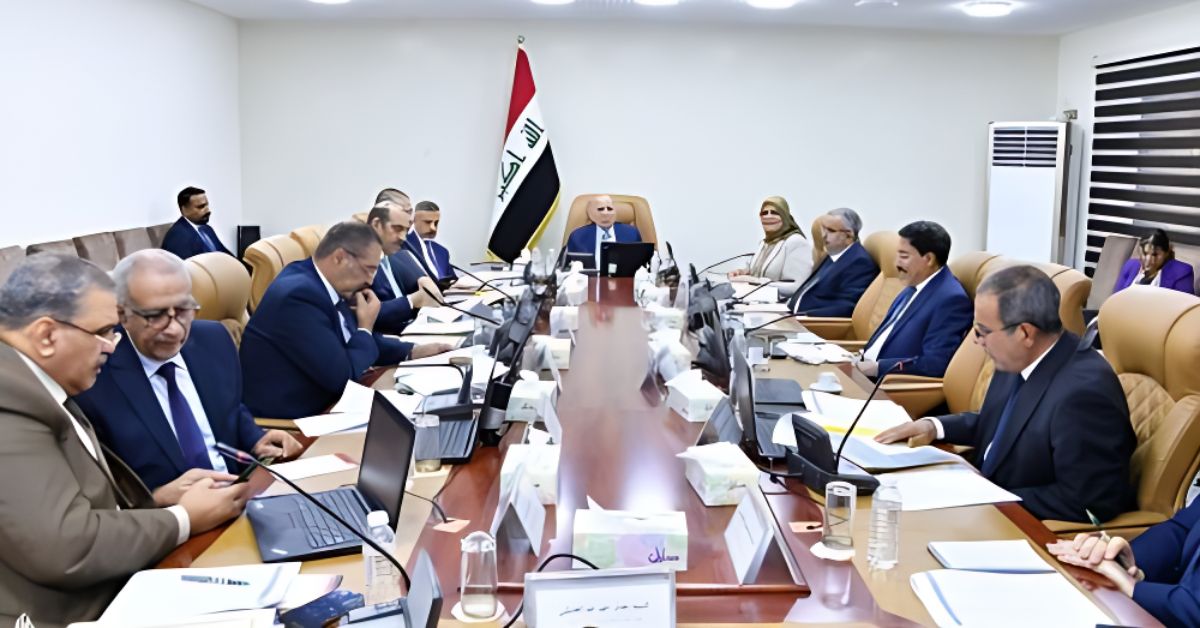BAGHDAD – In a significant move to streamline imports and bolster the local market, Iraq’s Ministerial Council of Economy has decided to remove four items from the import lists. The council also announced a 4% reduction in the customs tariff on live animals imported for slaughter, including cattle and sheep.
The 23rd session of the Ministerial Council for Economy was chaired by Deputy Prime Minister and Minister of Foreign Affairs, Fouad Hussein. The session saw the participation of key officials, including the Deputy Prime Minister and Minister of Planning, the Ministers of Finance, Trade, Industry, and Agriculture, the Governor of the Central Bank of Iraq, and the Prime Minister’s advisors for Economic and Legal Affairs. The Chairman of the Securities Commission was also present.
The council’s agenda focused on several key economic issues. One of the significant decisions was to exclude juices, soft drinks, cakes, and pastries from the import lists. However, this decision will be reviewed after a year by the Department of Industrial Development and Organization in the Ministry of Industry and Minerals. The review will assess the impact of this exclusion on the local market.
In a bid to strengthen the pharmaceutical sector, the council hosted discussions with the general manager of the General Company for the Import of Medicines and Medical Supplies. The discussions revolved around amending controls for supplying medicines, serums, vaccines, and other medical devices. The aim is to boost the domestic pharmaceutical industry by providing necessary facilities to encourage the production of national medical supplies.
Furthermore, there’s an ongoing coordination between the Ministries of Commerce and Agriculture to set prices, sell, and deliver bran to benefit livestock breeders.
The council’s statement also highlighted a recommendation to the Council of Ministers. It proposed reducing the customs tariff on live animals imported for slaughter to 4%. Importers can now access the electronic platform to purchase dollars at the official exchange rate to cover import costs.
Lastly, the council approved amendments to the proposed fees for granting and renewing licenses for tourist facilities and travel and tourism companies. This move is expected to give a boost to Iraq’s tourism sector. (INA)








